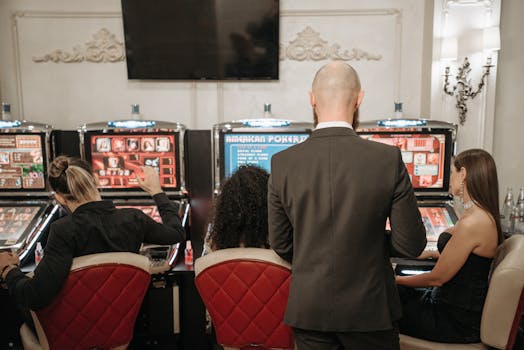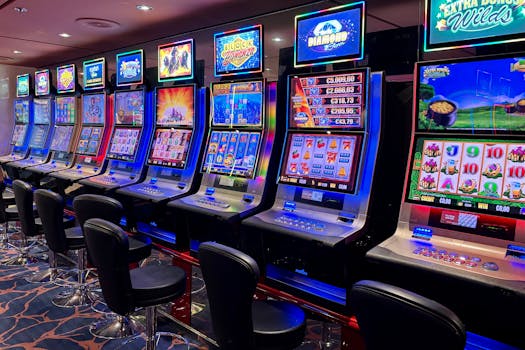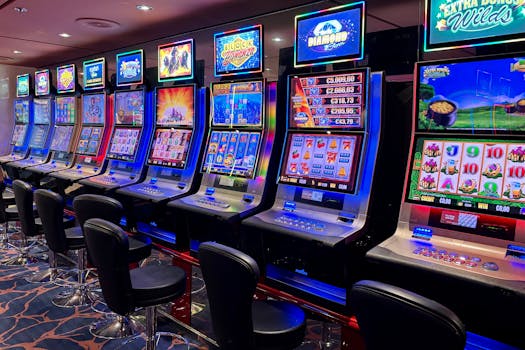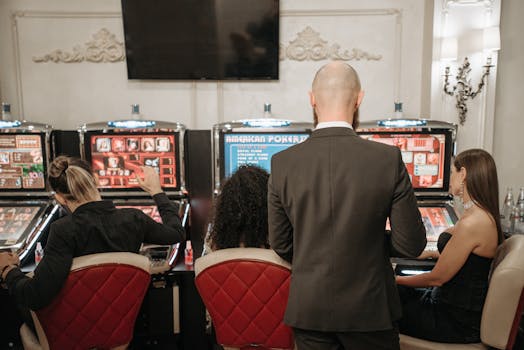Understanding the Role of Probability in Casino Slots
Casino slots, with their bright lights and enticing sounds, are a staple attraction in both physical and online casinos. These games are not only fun but also offer the potential for significant payouts, making them a favorite among many gamblers. However, underlying their flashy exteriors is the principle of probability, which governs how slot machines operate. This article explores the role of probability in slot machines and discusses how players can use this knowledge to improve their chances of winning.
What is Probability?
Probability refers to the likelihood of a specific event occurring. In the context of slot machines, it involves calculating the chances of various symbol combinations landing after a spin. Understanding these probabilities helps players make informed decisions about which slot games to play and how to bet.
How Slot Machines Use Probability
- Random Number Generators (RNGs):
- Symbol Weighting:
- Return to Player (RTP):
- Hit Frequency:
- Volatility:
- Better Game Selection:
- Enhanced Betting Strategies:
- Inherent Uncertainty:
- Psychological Factors:
Each slot machine uses a RNG to ensure that every spin is completely random and independent of previous spins. This system makes it impossible to predict what will happen on any given spin.
In slots, not all symbols are created equal. Some symbols might appear more frequently than others, affecting the probability of hitting certain combinations. This weighting helps determine the game’s volatility and payout structure.
Key Concepts in Slot Machine Probability
RTP is a crucial concept in gambling that describes the percentage of wagered money a slot machine will pay back to players over time. For instance, a slot with an RTP of 95% expects to return $95 for every $100 wagered. Players typically look for games with a higher RTP as these may offer better long-term returns.
This is the frequency at which a slot machine pays out any winning combination. A machine with a higher hit frequency might offer more regular payouts, but this does not necessarily mean larger wins.
The volatility of a slot machine indicates the risk involved in playing a particular game. High volatility slots offer larger payouts that occur less frequently, while low volatility slots offer smaller payouts more often.
Advantages of Understanding Probability in Slots
Armed with knowledge about RTP and volatility, players can choose games that align better with their risk tolerance and winning expectations.
Understanding the probabilities can help players manage their bankrolls more effectively, betting wisely to increase their play duration and potential to win.
Challenges with Probability in Slots
The inherent randomness introduced by RNGs means that it’s impossible to predict outcomes, even with an understanding of all the probabilities involved.
Players might be tempted to believe in “hot” or “cold” machines or assume that a win is "due" after a series of losses, which are common gambler’s fallacies.
Conclusion
While the role of probability in slot machines is complex, a basic understanding can significantly enhance a player’s gaming experience. By choosing higher RTP slots and understanding game volatility, players can potentially improve their chances of winning. Ultimately, the most important strategy is to view gambling as a form of entertainment rather than a revenue source. With responsible play and an appreciation for the randomness of the game, casino slots can provide both excitement and the occasional thrill of winning.

.png)





